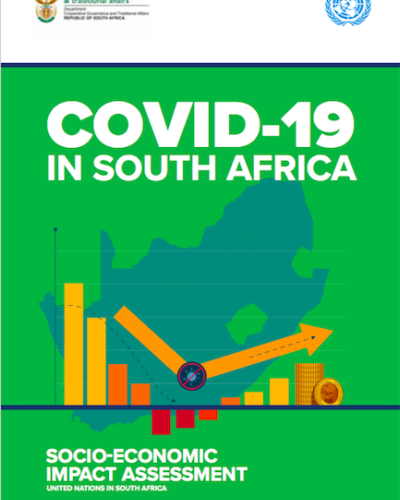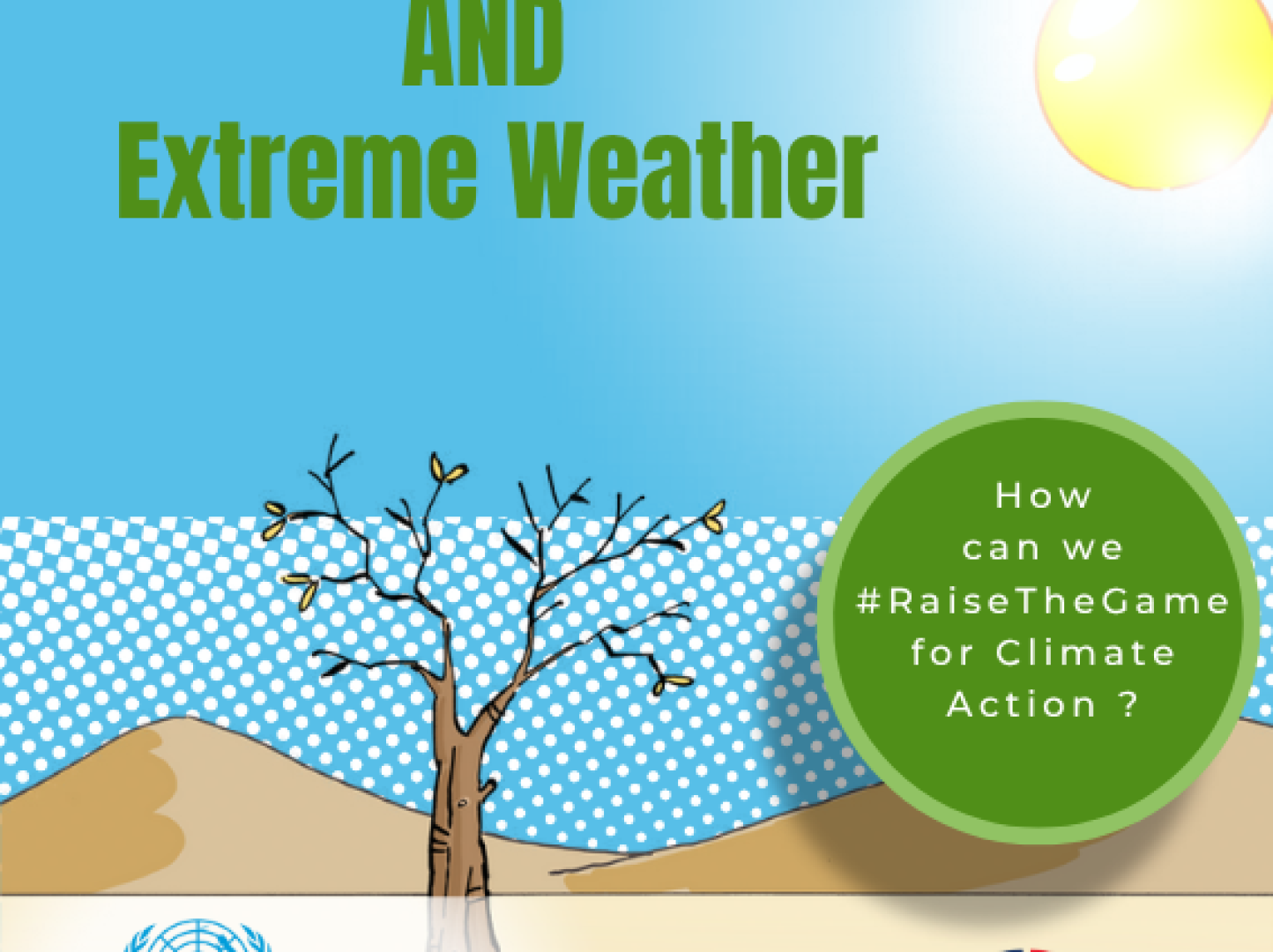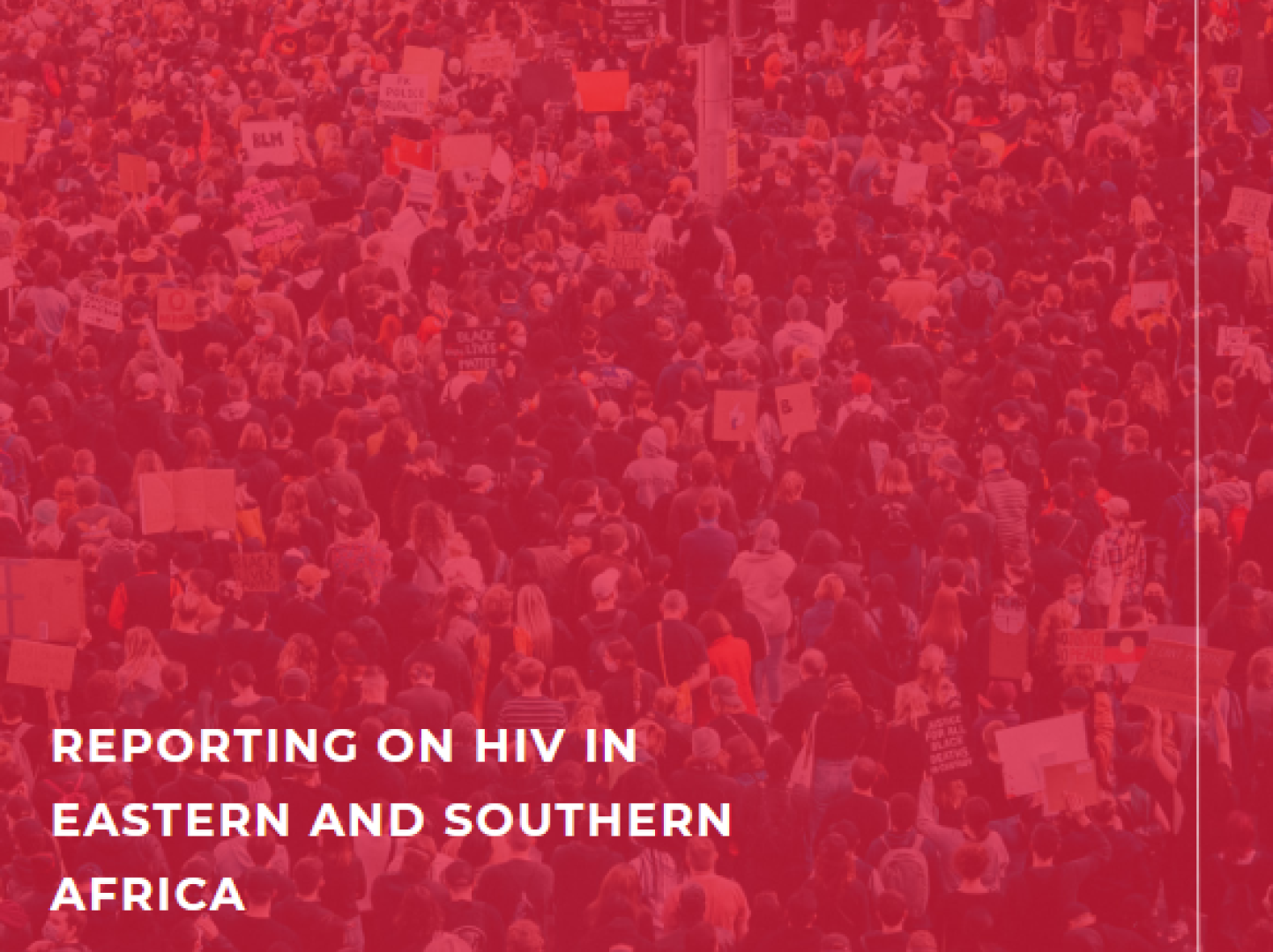UNDP/Socio-Economic Impact of COVID-19 in South Africa 2020

On 23 March 2020, President Cyril Ramaphosa announced a new measure to combat the spread of Coronavirus Disease 2019 (COVID-19) in South Africa – a three-week nationwide lockdown with severe restrictions on travel and movement, supported by the South African National Defence Force – from midnight on Thursday, 26 March, to midnight on Thursday, 16 April. The president said more is needed to avoid “an enormous catastrophe” among the population.
Such an extraordinary response is expected to significantly impact the people and the economy. The objective of this study is to contribute to the analysis and understanding of the impact of COVID-19 on the economy and importantly on the people in South Africa and from there promote the use of evidence-informed information for policy and recovery. This study uses three complementary methodologies to generate robust findings to reflect the realities on the ground:
(i) a microsimulation model estimating the impact of COVID-19 on household poverty in South Africa using data from the South African National Income Dynamics Study (NIDS). Using a multivariate probit model, the study focuses on how COVID-19 will drive temporary and long- term changes in poverty levels in South Africa and predicts the probability of selected demographics falling into each of the defined poverty classes,
(ii) a dynamic macroeconomic non-financial Computable General Equilibrium Model (CGE) calibrated to a 2015 Social Accounting Matrix (SAM) updated to 2017, analysing the impact of COVID-19 on economic growth, unemployment and inequalities within a framework of an optimistic and pessimistic scenarios in consideration of the situation before COVID-19, and
(iii) a qualitative analysis capturing the perception and feelings of people on the impact of COVID-19 on their lives and work, through a survey on people working in hospitals and a second survey to understand the immediate impact on the general public.



















